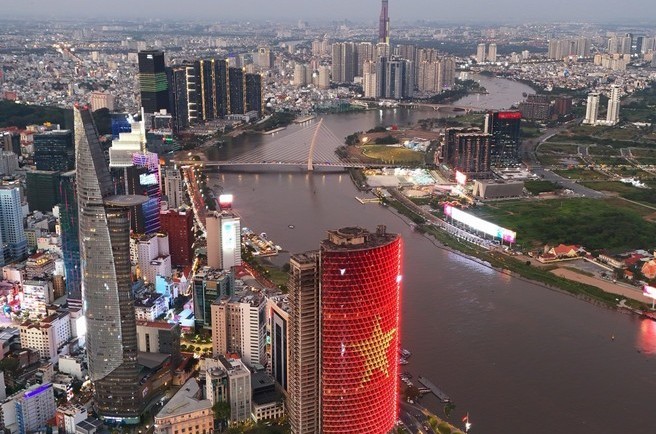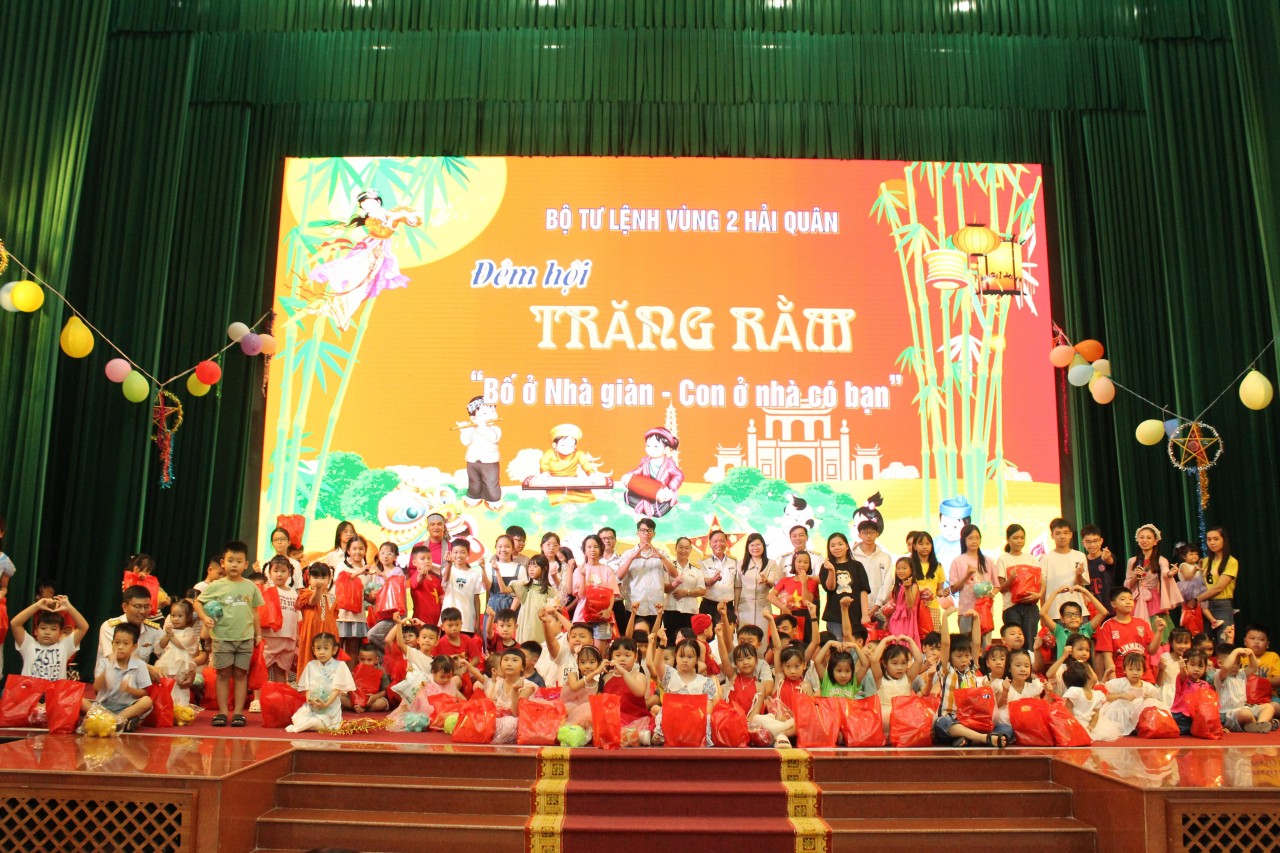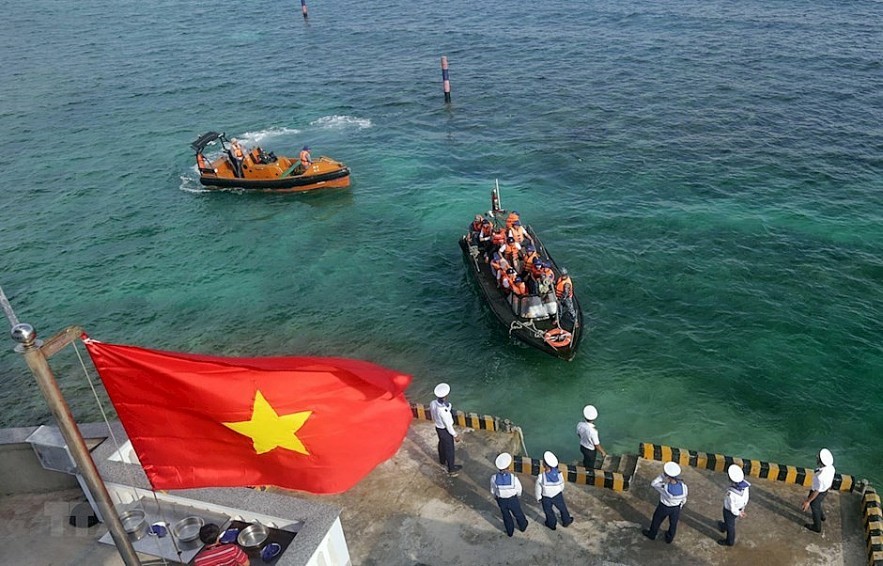South China Sea: Inside the 'Subsurface Waves'
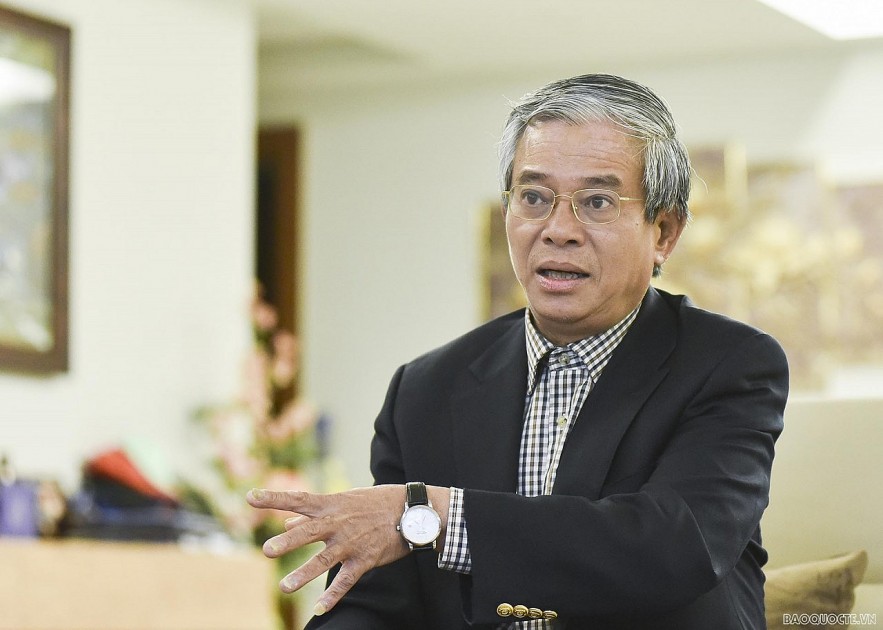 |
| Ambassador Pham Quang Vinh, former Deputy Minister of Foreign Affairs. Photo: Nguyen Hong |
How was the situation in the South China Sea last year?
The South China Sea still has many potential dangers. Last year, there were many complicated cases that occurred even though they were not major incidents or friction.
The South China Sea is associated with the story of the world and the Asia-Pacific region. However, in the past year, there have been many complicated issues such as conflicts in Ukraine, East China Sea or Taiwan Strait.
Therefore, there are several things as follows:
First, in the past two years, there seem to be no major incidents at sea. I think it just calms down the "subsurface waves".
Excessive sovereignty claims, activities encroaching on the exclusive economic zone and continental shelf of countries still take place.
In addition, the promulgation of policies and views that are not in line with the spirit of international law and the 1982 United Nations Convention on the Law of the Sea (UNCLOS) need to be followed up.
Second, countries in the region continue to pay attention to peace, stability, security, safety of navigation and aviation in the South China Sea. Over the past year, ASEAN has continuously emphasized its principles related to the South China Sea, how to handle, manage risks and disputes here.
ASEAN conferences, especially a series of high-level conferences, clearly emphasize that countries want the South China Sea region to be peaceful and stable; ensure maritime security and safety; settle disputes by peaceful means; compliance with international law and UNCLOS 1982.
They emphasized not to complicate the situation further, build trust and promote ASEAN-China dialogue to well implement the Declaration on the Conduct of Parties in the South China Sea (DOC), towards a substantive and effective Code of Conduct in the South China Sea (COC).
Further, all countries inside and outside the region support those common principles of ASEAN, especially emphasizing the regional security structure, taking ASEAN as the center, ensuring peace and cooperation of the whole region and the South China Sea.
The South China Sea is an important maritime route, a geo-strategic and geo-economic area. Therefore, all countries inside and outside the region must contribute to building a peaceful, stable and cooperative environment in this region. To do that, the only way is dialogue and respect for the law.
Third, Vietnam has a role and principled stance that is strongly supported by other countries. We aspire to a peaceful, stable and cooperative Indo-Pacific region.
Vietnam is consistent in the story of the South China Sea, coincides with the principles of ASEAN, emphasizing peace, security and maritime safety, not complicating the situation, building trust, promoting bilateral relations; compliance with the UN charter, international law, UNCLOS 1982 and peaceful settlement of disputes.
Therefore, the role of Vietnam or ASEAN in the common work of the region or in the South China Sea is welcomed by the region and the world.
In 2023, when the world basically controls the pandemic and reopens for operations, it is necessary to emphasize the assurance of peace, stability, cooperation and development in this region; the governance of the behavior of the countries concerned.
What does peace, stability, security and safety in the South China Sea mean for the region and the world in the current context?
The South China Sea is closely associated with Southeast Asia, Asia-Pacific, and Indo-Pacific, an important geo-strategic and geo-economic area of the world. The peaceful and stable environment of Southeast Asia or the wider region depends on peace and stability in the South China Sea.
In the story of the South China Sea, there are many aspects to pay attention to in order to behave appropriately:
Firstly, to ensure peace, stability, security, safety and freedom of navigation. This story is in the interest of all countries inside and outside the region, they need to have a responsibility to advance these goals.
Second, regarding the parties to the dispute, claiming overlapping sovereignty, this requires the parties to resolve the issue by peaceful means, based on international law and UNCLOS 1982.
Third, the parties need to manage behavior, not complicate the situation, dialogue and build trust. Therefore, the role of ASEAN in dialogue and trust building has become increasingly clear.
Currently, all countries attach great importance to the Indo-Pacific, in which Southeast Asia and the South China Sea are the centers of this vast geostrategic region. The South China Sea plays a role as a connection between the centers of the Indo-Pacific region.
Therefore, it attracts the attention of countries interested in peace, stability, security and safety of navigation in this sea; ensures respect for international law and UNCLOS 1982.
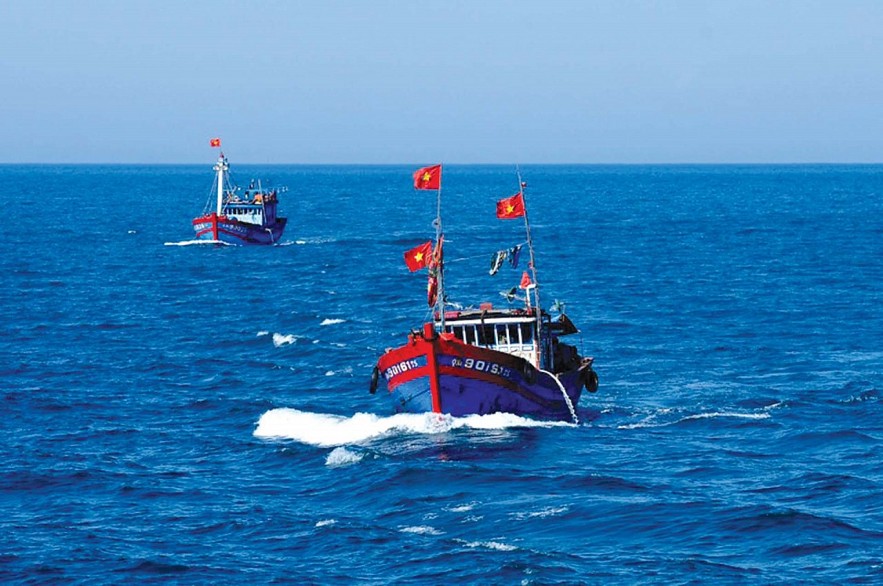 |
| Fishermen in the central region catch seafood. Photo: Dang Khoa |
The past year has marked important milestones such as 40 years of UNCLOS, 20 years of DOC, how do you expect these "toolkits" to manage the situation in the South China Sea in the near future, including the prospect of COCs?
First of all, the member states of the United Nations, including Vietnam, highly appreciate the UNCLOS 1982. They agree that this is the most basic law, containing the highest and most universal guiding principles of all international law of the sea.
On the occasion of the 40th anniversary of UNCLOS, countries not only emphasized the importance of the Convention but also ensured its implementation in practice.
With regard to the Asia-Pacific region, including the South China Sea issue, all countries emphasized the guiding principles of UNCLOS for all activities at sea. In the current context, countries need to emphasize the implementation of UNCLOS.
In the Asia-Pacific region, the South China Sea is an important part of the economic and security structure.
Over the past 40 years of UNCLOS, countries have increasingly emphasized the principles that ASEAN has stated on the implementation, compliance with international law and UNCLOS.
When the region still has disputes and overlapping claims to sovereignty, the significance of implementing UNCLOS in principle and practice is even more important.
Regarding the DOC and COC, within the framework of the ASEAN Summit at the end of 2022 in Cambodia, ASEAN has issued a declaration on 20 years of DOC.
It shows that the DOC is the result of ASEAN's efforts with China to obtain for the first time a document regulating the behavior of relevant parties in the South China Sea.
It emphasizes the story of peace, security and safety of navigation, international law and UNCLOS, promotes trust building, which is clearly stated in Article 5 of the DOC.
After 20 years, ASEAN and China need to promote the good implementation of the DOC; continue efforts to negotiate the COC.
The COC needs to be a set of rules governing the behavior of parties in the South China Sea in a better, substantive and effective way, serving the assurance of maritime security and safety in the region.
It needs to better enforce international law and UNCLOS, create conditions for countries to cooperate well with each other, for governance and to build trust.
While continuing to implement the DOC and promote the COC negotiation, the parties should create a favorable environment for COC negotiation, governance of behavior at sea, in accordance with international law, UNCLOS and the DOC. If there are complications at sea, it will certainly be difficult for the negotiations.
The most important thing about the COC is whether the results meet those common goals. It is hoped that the parties will continue to make their best efforts while managing their actions at sea in accordance with international law and UNCLOS to promote this negotiation process.
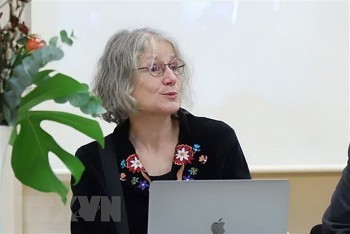 | On November 18, the Asia-Africa Institute of the German University of Hamburg organized an international conference on Indo-Pacific strategies and the South China Sea issue. |
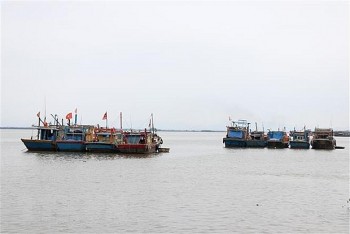 | Vietnam- Responsible Member of 1982 UNCLOS Over the past 40 years, Vietnam has affirmed itself as a responsible member of the 1982 United Nations Convention on the Law of the Sea ... |
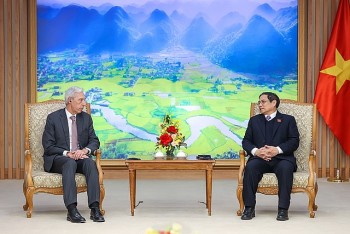 | Prime Minister Suggests Vietnam, Portugal Raise Bilateral Trade to US$1 Billion Prime Minister Pham Minh Chinh has suggested Vietnam and Portugal enhance their close coordination and taking huge advantages brought by the EU-Viet Nam Free Trade ... |
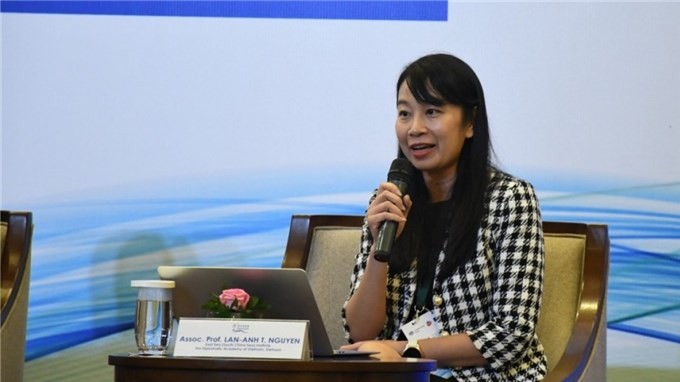 Focus
Focus
Vietnam - Responsible Member of 1982 UNCLOS - DAV’s Director of South China Sea Institute
Recommended
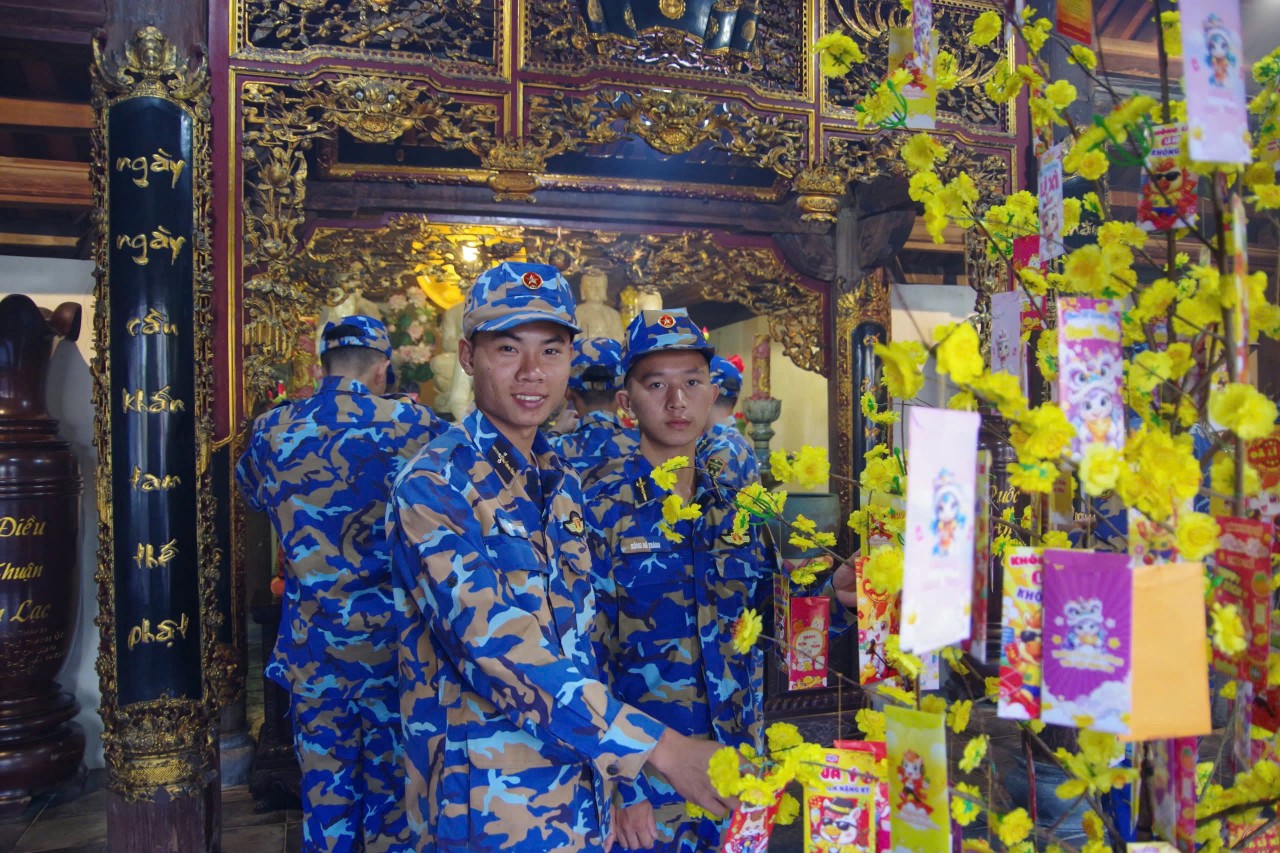 Seas and islands
Seas and islands
Celebrating the Lunar New Year on Truong Sa Island
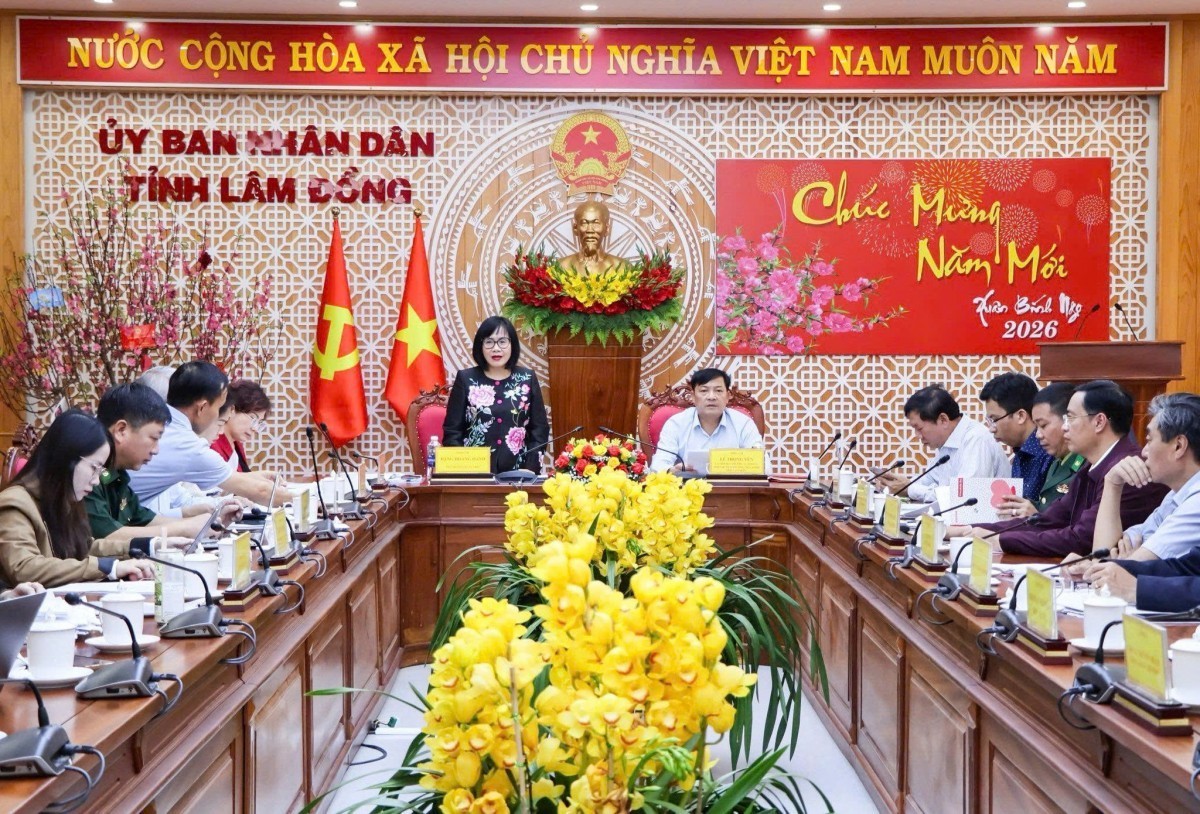 Seas and islands
Seas and islands
Lam Dong Resolves 100% of Fishing Vessels Losing Monitoring Connection in IUU Crackdown
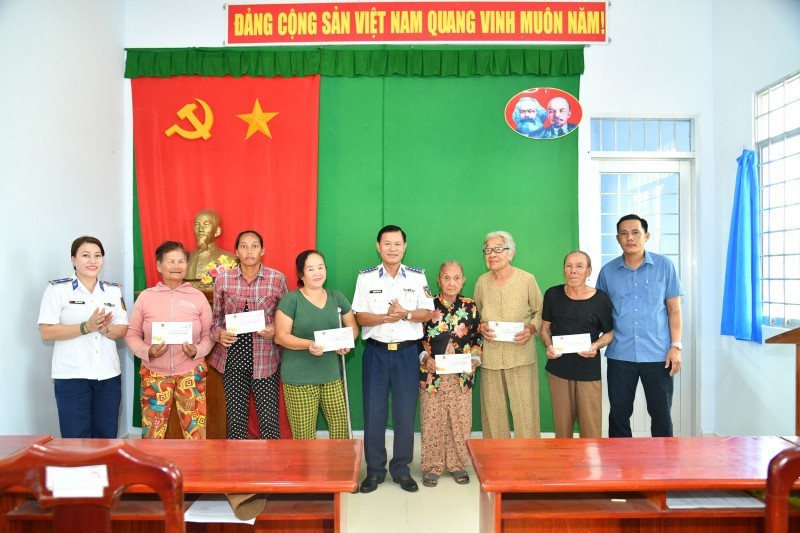 Seas and islands
Seas and islands
Tet Filled with Solidarity Between Army and People on Phu Quoc Island
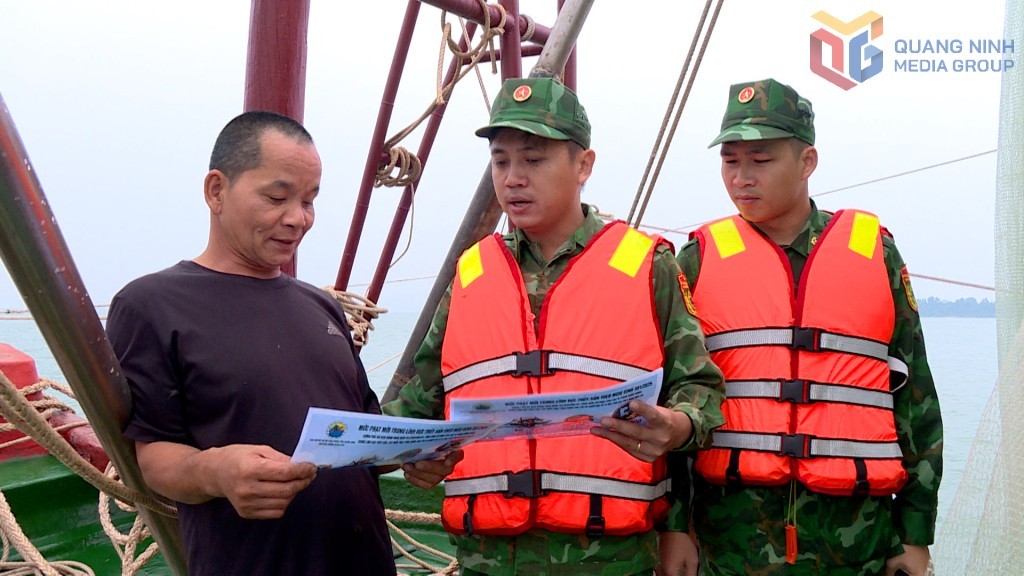 Seas and islands
Seas and islands
Quang Ninh Steps Up IUU Crackdown Toward Sustainable Fisheries
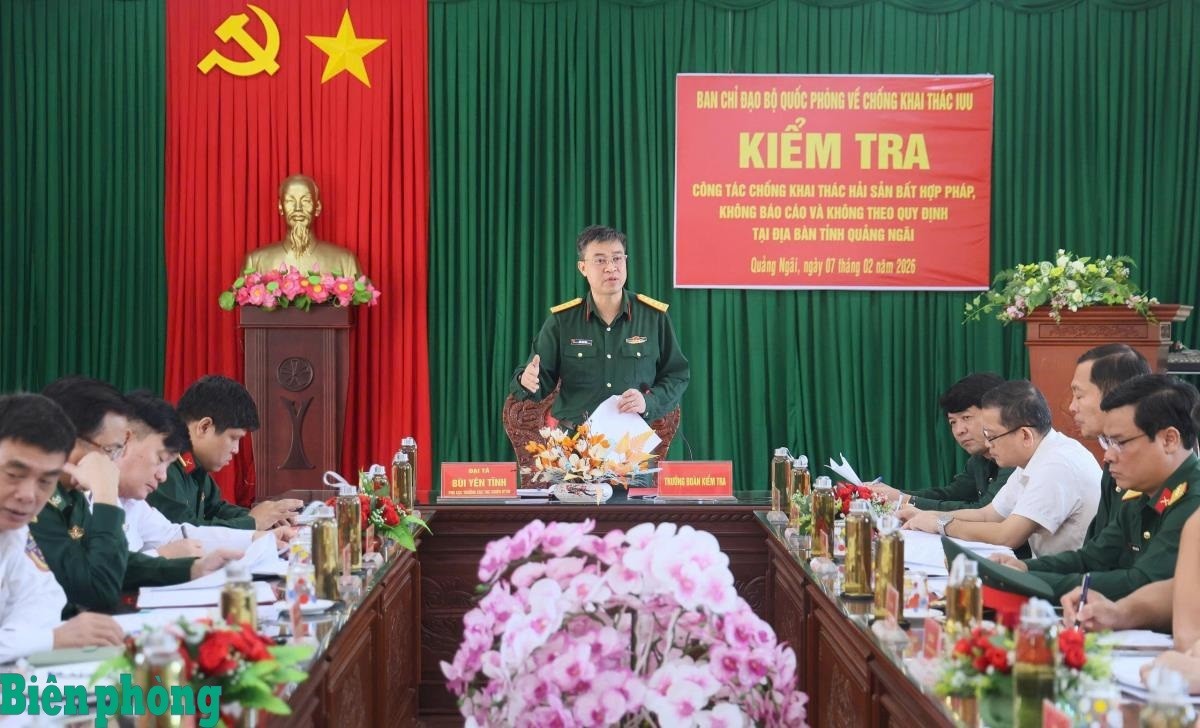 Seas and islands
Seas and islands
Defense Ministry Delegation Inspects IUU Prevention in Quang Ngai
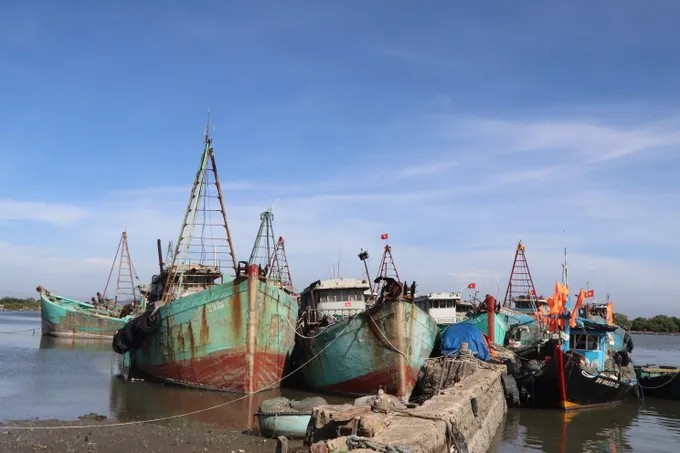 Seas and islands
Seas and islands
Ministry of Science and Technology Reviews Tech Infrastructure to Combat IUU Fishing in Ho Chi Minh City
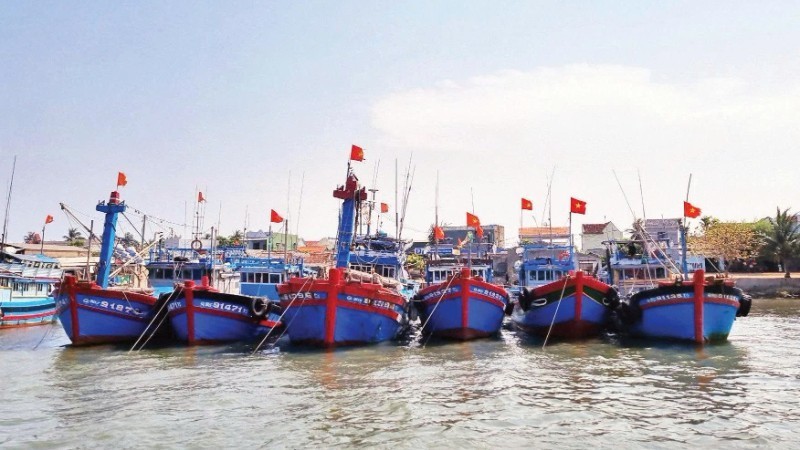 Seas and islands
Seas and islands
Quang Tri Advances Sustainable Fisheries Through Fishing Vessel Conversion Plan
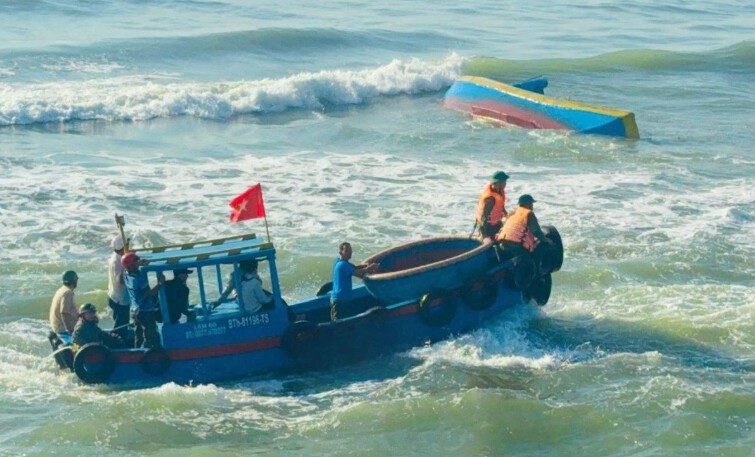 Seas and islands
Seas and islands

